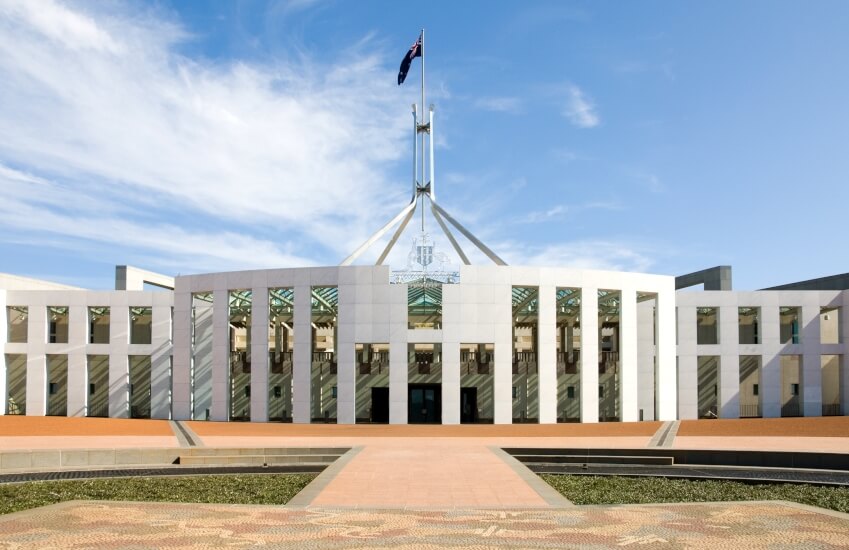CPA board ordered to speak, ASIC fronts Senate committee
RegulationA Senate committee has ordered the board of CPA Australia to appear before it in Canberra within the month, as South Australian Senator Nick Xenophon calls into question the legal transparency requirements of professional associations.

A public hearing was held in Sydney today into updating the Corporations Act to make it simpler for members of professional bodies to communicate with each other.
The Corporations Act permits members to request a copy of the members’ register, but associations are not required by law to provide email addresses, which is a roadblock NSW-based accountant Brett Stevenson ran into when mobilising corporate governance protests with fellow CPAs.
The CPA Australia board did not attend today's hearing, general manager of policy and corporate affairs, Stuart Dignam, was sent on its behalf. Mr Xenophon, who introduced the amendment to the Senate in mid-June, said policy officers fronting a committee on behalf of CPA Australia were not sufficiently capable of addressing issues related to corporate governance and transparency.
These issues include choices CPA Australia has made with its member communications, which Mr Xenophon questioned on censorship grounds, and the $4.9 million payout of former chief executive Alex Malley.
The big picture
Mr Xenophon also raised the issue of mandatory transparency requirements for professional associations, pointing to a larger systemic issue that has led to the current CPA corporate governance crisis.
Mr Xenophon questioned ASIC - from a broader perspective, and not specific to CPA - if member bodies legally have lesser transparency requirements than publicly listed companies.
By law, publicly listed companies have higher transparency requirements than member associations, ASIC said. This is irrespective of size, which Mr Xenophon pointed out is a significant consideration point when associations like CPA profit millions annually and represent over 150,000 members.
“We would never discourage companies to go above and beyond the law if it’s going to encourage transparency,” the ASIC spokesperson said.
“But yes, by law, the minimum requirements are lesser for an association.”
Knock-on effect
In principle, the ASIC spokesperson said the move to facilitate members having a “real ability” to access other members' contact details is consistent with the spirit of the Corporations Act.
Similarly, CPA Australia is broadly supportive of modernising the act, but has raised various security concerns.
For example, CPA Australia notes that an entity is required by law to disclose personal information of its members, but individual recipients of that information are not obliged to protect the security of the disclosed information or securely destroy it.
“The committee may wish to consider whether it is appropriate to require a person who receives a copy of the register of members under subsection 173(3) to keep that copy of the register secure and to securely destroy that copy after either use for the proper purpose or after a set period of time to align with the Privacy Act safeguards,” Mr Dignam said.
Mr Dignam also put to the committee that they may consider that in the case of member bodies, it would be appropriate for a third party who meets standard security management guidelines to manage requests for copying of a register, and manage its use for proper purposes.



